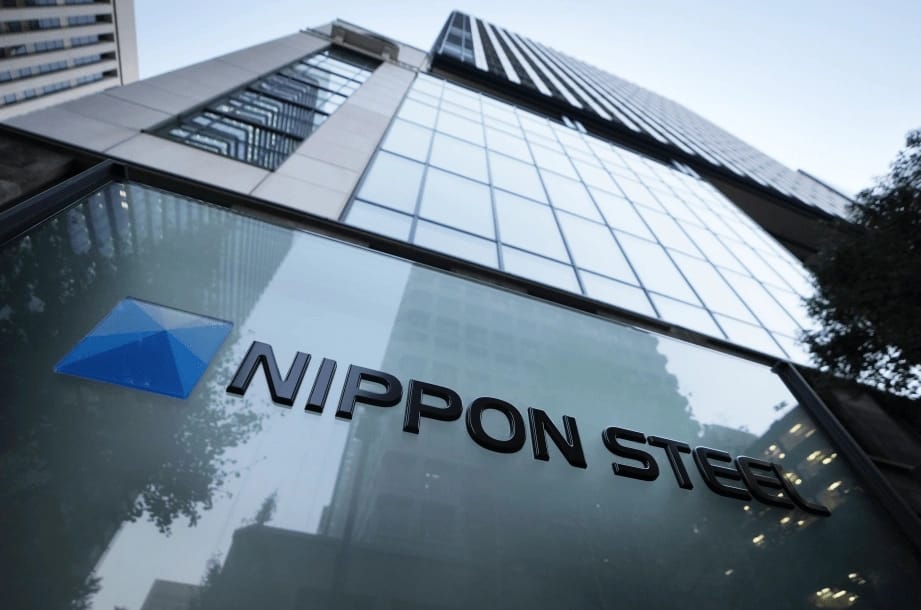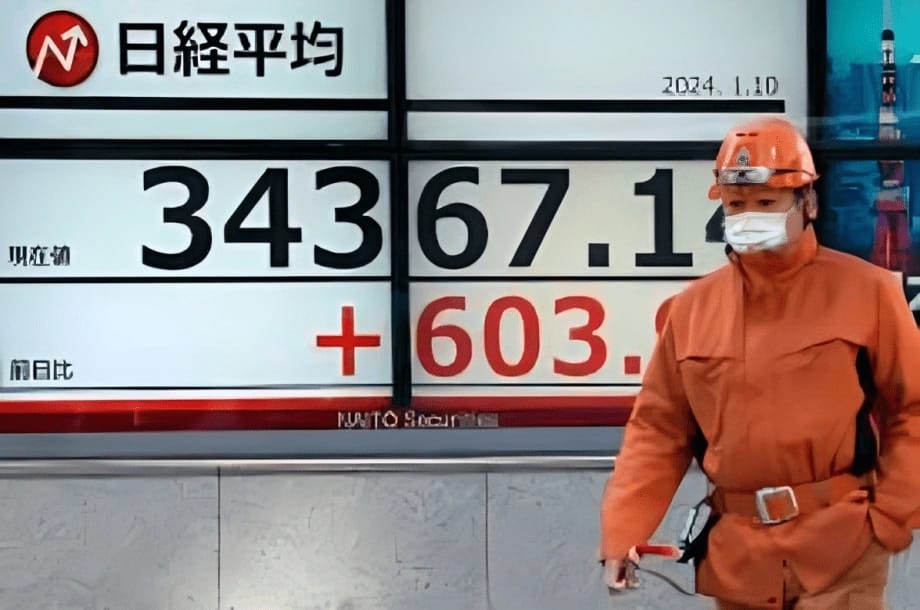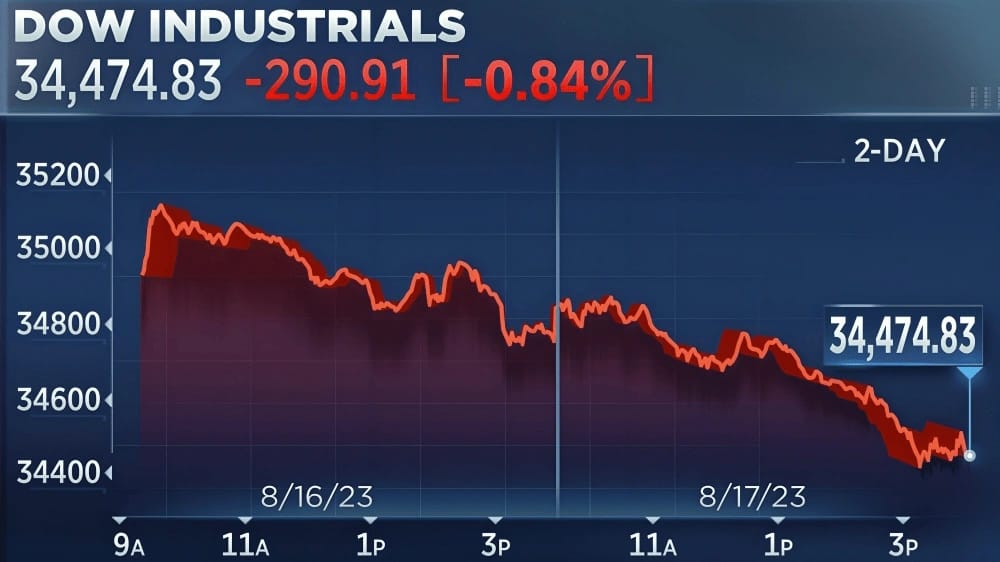The U.S. government is currently reviewing a proposed deal between Nippon Steel Corporation and U.S. Steel, an agreement that has sparked significant attention due to its potential impact on the domestic steel industry and international trade dynamics. The announcement of the review has coincided with a sharp decline in U.S. Steel’s stock price, raising questions about the market’s confidence in the deal and broader implications for the industry.
- The U.S. government is currently reviewing a proposed deal between Nippon Steel Corporation and U.S. Steel, an agreement that has sparked significant attention due to its potential impact on the domestic steel industry and international trade dynamics. The announcement of the review has coincided with a sharp decline in U.S. Steel’s stock price, raising questions about the market’s confidence in the deal and broader implications for the industry.
- The Nippon-US Steel Deal: Key Details
- U.S. Government’s Role in the Review
- Stock Market Reaction
- Implications for the Steel Industry
- Potential Outcomes
- Conclusion
The Nippon-US Steel Deal: Key Details
Nippon Steel, Japan’s largest steelmaker, has been in talks to acquire a significant stake in U.S. Steel Corporation. The deal is seen as part of Nippon Steel’s strategy to expand its presence in the North American market, leveraging U.S. Steel’s established infrastructure and customer base.
The proposed acquisition aligns with Nippon Steel’s long-term goals of increasing its global footprint and diversifying its production capabilities. The agreement would allow the Japanese steel giant to compete more effectively in a market that has seen significant consolidation and technological innovation in recent years.
U.S. Government’s Role in the Review
The U.S. government, under the Committee on Foreign Investment in the United States (CFIUS), has initiated a review process to determine whether the deal poses any national security risks. This is a standard procedure for foreign investments in critical industries, including steel, which is considered vital for defense and infrastructure.
Factors Under Review
- National Security: Steel is a critical material for defense applications, and any foreign ownership could raise concerns about access and control over resources.
- Economic Implications: The review also considers the potential impact on domestic steel production and jobs.
- Trade Relations: Given ongoing tensions between the U.S. and its trading partners, the deal’s alignment with U.S. trade policies is another focal point.
The review reflects the Biden administration’s broader commitment to safeguarding critical industries and ensuring that foreign investments do not undermine domestic capabilities.
Stock Market Reaction
Following news of the government’s review, shares of U.S. Steel tumbled, indicating investor skepticism about the deal’s likelihood of approval or its potential benefits to the company. The decline also reflects broader market concerns, including:
- Regulatory Risks: The stringent review process could delay or block the deal.
- Industry Challenges: The steel sector is already grappling with fluctuating demand, high input costs, and competitive pressures.
- Uncertainty for Shareholders: Investors may view the review as an additional layer of unpredictability, affecting short-term valuations.
Implications for the Steel Industry
Impact on U.S. Steel
For U.S. Steel, the deal represents a chance to secure fresh capital and benefit from Nippon Steel’s technological expertise. However, the uncertainty surrounding the review process could hinder the company’s ability to plan and execute its growth strategies.
Global Dynamics
If approved, the deal would strengthen Nippon Steel’s position in the global market, enabling it to compete more effectively with other steel giants like ArcelorMittal and China’s Baowu Steel. However, it could also intensify scrutiny of foreign investments in critical industries, particularly those involving major U.S. companies.
Domestic Policy Considerations
The deal underscores the importance of balancing foreign investment with domestic industrial policy. While partnerships like this can bring technological and economic benefits, they also raise questions about control over strategic resources and the preservation of domestic manufacturing capabilities.
Potential Outcomes
Approval with Conditions
CFIUS could approve the deal but impose conditions to address national security concerns. These conditions might include restrictions on the transfer of certain technologies or limitations on Nippon Steel’s operational control over U.S. Steel.
Rejection of the Deal
If the review finds significant risks, the deal could be blocked. This would likely push U.S. Steel to explore alternative partnerships or financing options, potentially delaying its strategic initiatives.
Market Adjustments
Regardless of the outcome, the deal highlights the need for U.S. steelmakers to adapt to a rapidly changing global landscape. Companies must innovate and streamline operations to remain competitive, even as they navigate regulatory challenges and market pressures.
Conclusion
The proposed Nippon Steel-U.S. Steel deal represents a pivotal moment for the global steel industry, reflecting broader trends of consolidation and international collaboration. While the deal has the potential to strengthen both companies, its outcome depends heavily on the U.S. government’s review process and the ability to address national security and economic concerns.
As the review unfolds, the implications for U.S. Steel, Nippon Steel, and the broader market will continue to shape discussions about the role of foreign investment in critical industries. For now, stakeholders remain in a state of cautious anticipation, awaiting clarity on the future of this high-stakes partnership.



